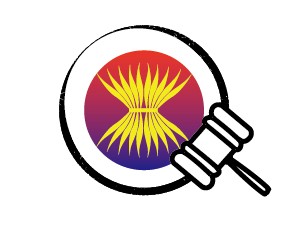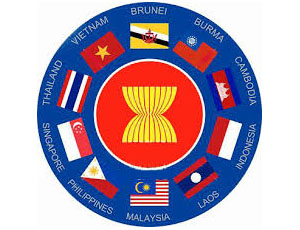ASEAN Regulatory Brief: FATCA, GST, and a New DTA Protocol
In this ASEAN Regulatory Brief, we look at some of the important regulatory changes taking place in Singapore, Malaysia, and Indonesia during the second half of August.
Singapore Releases Updated e-Tax Guide on GST and Attribution of Input Tax
The Inland Revenue Authority of Singapore (IRAS) has recently released an updated version of its e-Tax Guide on Goods and Services Tax (GST) and the Attribution of Input Tax. The new guide, which is intended for businesses that are GST-registered and make both taxable and exempt supplies, explains how a partially exempt business should attribute its input tax and also clarifies when input tax may be considered to be “directly attributable” to a supply.
Singapore’s New Amendments to the Companies Act: the Annual Audit Exemptions for Small Firms Explained
Qualifying small companies in Singapore can now benefit by foregoing a yearly financial burden – annual audits. The new regulations arise from the amendment of Singapore’s Companies Act in October, 2014 – the most sweeping change made since the law’s original promulgation in 1967.
The Future of ASEAN-India Trade Looks Bright
Trade between ASEAN and India has seen strong growth over recent years. In 2014, total trade amounted to US$77 billion, a significant increase over the US$44 billion seen during 2009-10. Over the past decade, bilateral trade has increased at an average annual rate of a blistering 23 percent.
Indonesia Expands List of Pioneer Industries Eligible for a Tax Holiday
Indonesia’s Ministry of Finance (MOF) has announced that it will extend its list of “pioneer” industries that qualify for tax holidays. Such companies are eligible to receive a 70 percent exemption from income tax for between five and 15 years, as well as additional financial incentives. The proposed changes should take effect later this month.
The Three Most Common IPR Mistakes for SMEs in ASEAN
There are very few SMEs that would not take the issue of intellectual property rights (IPR) seriously in their home countries, but IPR legislation can be opaque when they move overseas. Here we take a look at the top 3 IPR mistakes SMEs make in ASEAN.
UK Prime Minister Cameron’s ASEAN Trip Reflects Growing Trade Links and Opportunities
Last week, David Cameron capped off a five day long tour of South East Asia to discuss trade with the UK. The region, which has outpaced global growth by over two percent over the past two decades, is attractive to UK businesses seeking markets beyond the EU.
ASEAN Regulatory Brief: CIT e-Filing, GST, Relaxed Investment Regulations, and Adjusted Reference Prices for Imports
In this ASEAN Regulatory Brief, we look at some of the important regulatory changes taking place in Singapore, Malaysia, Indonesia, and Thailand during the month of August.
Indonesia Raises Import Tax on a Range of Goods
The Indonesian government has announced that it is raising the import tax rate on a large number of goods, including food, clothing, and other consumer products. The move comes as the country continues to search for a method of jumpstarting its weak economy, which has been experiencing its slowest growth in six years. The government is also hoping that the new tax rates will help support and grow local industries.
Prevention Not Cure: Understanding Online IPR in ASEAN
E-commerce in ASEAN today is relatively underdeveloped. However, a study undertaken by AT Kearney predicts that as purchasing power parity in the region increases and internet penetration spreads, online retail in ASEAN markets could rise by around 25 percent annually.


















